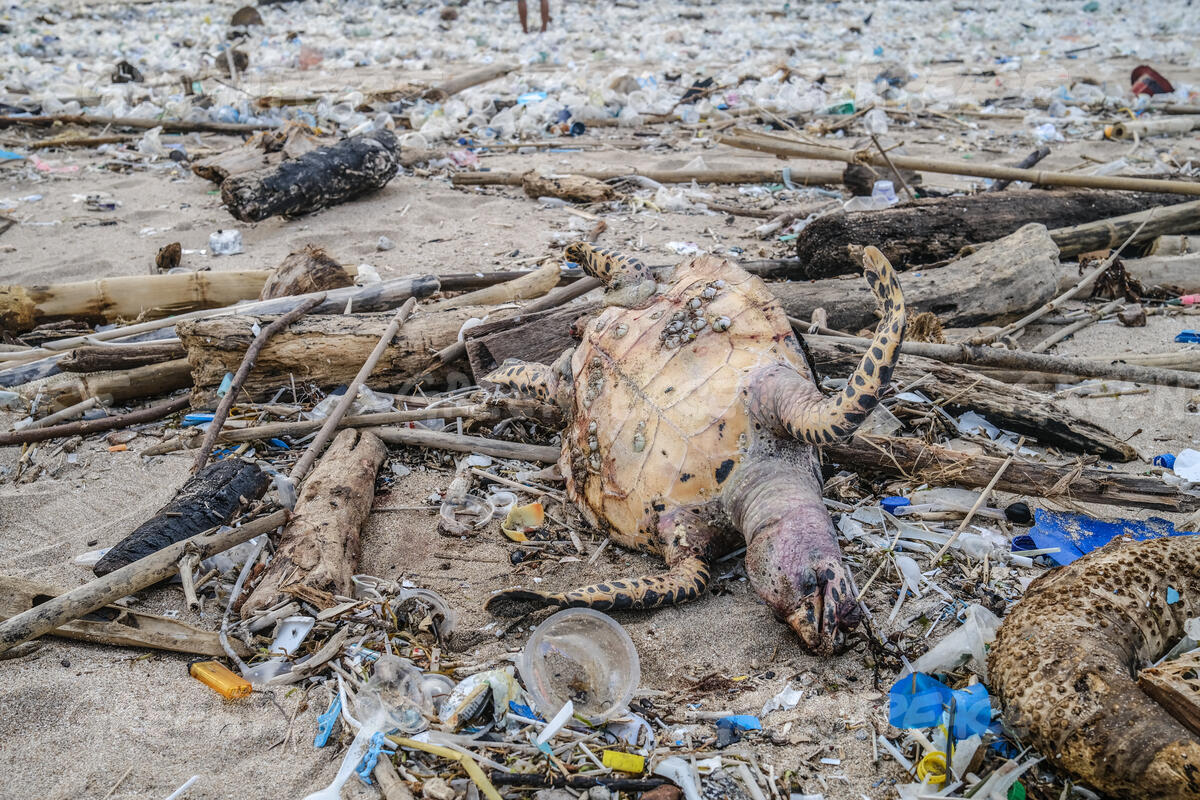Article: Bali's Battle Against Plastic: A Global Environmental Crisis

Bali's Battle Against Plastic: A Global Environmental Crisis
It’s hard to ignore the detrimental effects of plastic waste on our environment. According to the UN, a staggering one million plastic bottles are bought every minute. Globally, we produce 400 million tonnes of plastic garbage and use up to five trillion plastic bags annually. Disposable plastics, such as straws, cups, bottles, and other products, are widely utilized in daily life, especially in Indonesia, often ending up in rivers and oceans. Shockingly, four of Indonesia’s rivers are among the top 20 most polluted in the world due to poor plastic waste management. When it comes to marine plastic pollution, Indonesia is currently second only to China.
A Global Perspective on Plastic Waste
Unfortunately, this issue is not unique to Bali or Indonesia; other developing nations are also lagging in implementing effective waste and recycling solutions. Even with a recycling system in place, first-world nations like the US remain the world’s largest producers of plastic waste. In 2016 alone, the US produced about 42 million metric tons of plastic waste. Consequently, the world's oceans have evolved into dumps for countries with coastlines.
The Trash Problem in Bali
Industrialized nations might manage to keep the issue out of sight with recycling facilities and efficient waste management systems. However, Bali, a small island in Indonesia, with a local population of over four million and over five million foreign tourists and eight million domestic visitors annually, cannot escape this problem. The influx of 13+ million visitors contributes significantly to the waste, making it a very visible issue. Despite certain areas being clean and well-managed, rubbish can be found on the streets, riverbanks, and rice fields.
Over the past decade, there has been a significant rise in the amount of plastic washing ashore. Kuta and Legian, two of Bali’s most popular tourist spots, receive up to 60 tonnes of plastic trash each year. Authorities struggle to keep up with the deluge of rubbish on Bali's beaches and many other beaches in Indonesia. Though the tourist ministry funds periodic beach cleanings, the frequency of plastic washing up on the beaches indicates the vast amount of trash in the ocean.
The Impact of Monsoons and Inefficient Waste Management
This problem has become an annual occurrence due to monsoons and inefficient waste management, leading to worldwide marine pollution. Indonesia produces around 68.5 million tons of waste every year, 17% of which is plastic waste. This plastic waste has the potential for reuse and recycling, including as materials in industry or other economic activities. However, after heavy rains in tropical regions like Indonesia, rubbish eventually finds its way into the sea through landfills and rivers. Disposing of plastic waste ethically becomes nearly impossible when dumps and landfills overflow. Many villagers resort to burning trash in their backyards, contributing to air pollution. There is a widespread lack of awareness regarding waste management across Indonesia, prompting NGOs and eco-warriors to educate the public on cleaning and preventing more waste.
How You Can Help Bali
Bali needs your help. You can join beach cleanups and support many of the amazing NGOs and green initiatives working towards a cleaner environment. Your participation can make a significant difference. At DOKOYO, we care about our environment and partner with Seven Clean Seas for this movement.
Government Actions on Plastic Waste Management
The Indonesian Ministry of Tourism is making substantial efforts to support projects in Bali for sustainable and greener tourism. They also encourage business owners to take responsibility for their waste. In December 2018, Bali’s governor, Wayan Koster, issued a ban on single-use plastics, including straws, plastic bags, and Styrofoam, with a six-month implementation window for businesses to prepare. However, the pandemic disrupted these efforts as single-use plastics were once again used for hygiene and safety reasons. Thankfully, as the pandemic recedes, environmental concerns have regained priority. The Indonesian government has reinforced the ban on single-use plastics, aiming for full implementation by the end of 2022.
Conclusion
The plastic waste crisis is a global issue that requires immediate and sustained action. From international cooperation to local initiatives, every effort counts. Bali’s struggle with plastic pollution highlights the urgent need for effective waste management systems and public awareness. By supporting green initiatives and participating in cleanup activities, we can all contribute to a cleaner, healthier planet.

